
Life isn’t always easy. Problems come up, plans fail, and things don’t go the way we expect. In times like these, Stoicism can really help in so many ways.
It’s an ancient way of thinking that teaches us to focus on what we can control and let go of what we can’t.
Previously, Stoicism was only for philosophers and historians. But it is not like that anymore. It’s for anyone who wants to stay calm, make better decisions, and live a good life.
And so, these books are a great place to start. They’re full of simple ideas you can use every day to handle stress, face challenges, and find peace.
Here is the list of best books on Stoicism.
1. Meditations by Marcus Aurelius
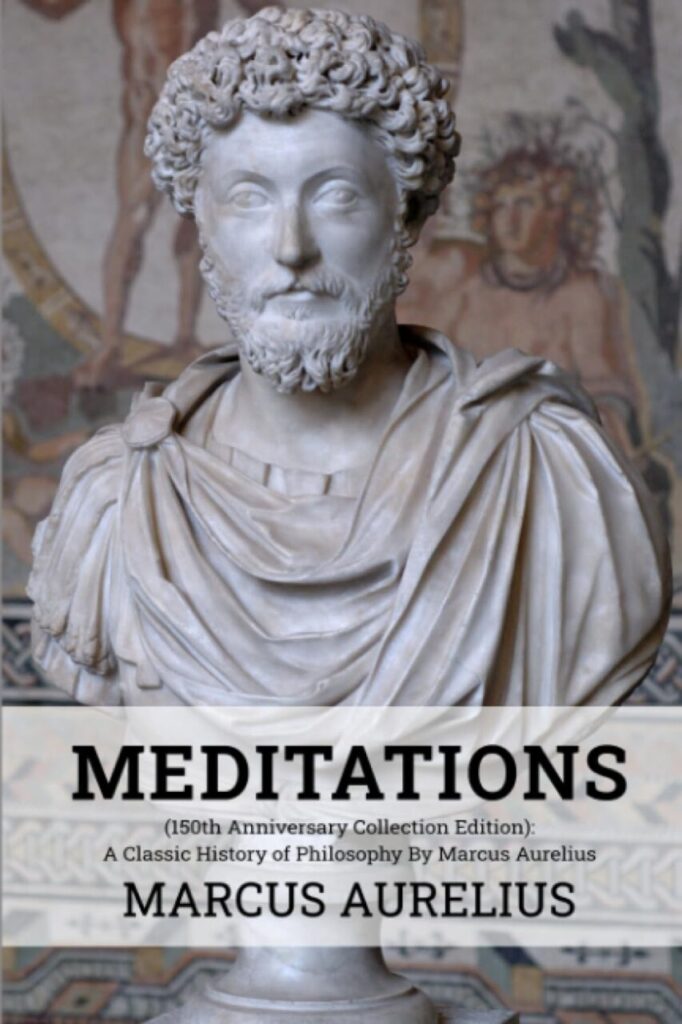
Marcus Aurelius was the most powerful man in the Roman Empire, yet he wrote deeply personal reflections on humility, mortality, and self-discipline. In Meditations, Marcus examines how to live with virtue despite life’s challenges. The book is divided into 12 sections, each filled with practical advice on overcoming fear, anger, and self-doubt.
One of the book’s core ideas is the importance of focusing on what you can control. Marcus reminds readers that external events are beyond your power, but your reactions are always within your grasp. His words, written centuries ago, still resonate in today’s world.
Interesting fact: Meditations was never meant for publication. It was Marcus’s private journal, written to himself as a guide for personal growth.
2. Letters from a Stoic by Seneca

Seneca, a philosopher and statesman, wrote a series of letters to his friend Lucilius. These letters are packed with practical advice on handling life’s challenges. From managing anger to finding inner peace, Seneca’s writings touch on themes that remain very relevant today.
One letter that stands out discusses how to prepare for loss. Seneca advises imagining life without your possessions or loved ones to cultivate gratitude and resilience.
This exercise, called “premeditation of evils,” teaches you to value what you have while being ready for inevitable change.
Interesting fact: Despite his immense wealth and political power, Seneca believed in living simply and found joy in philosophy over material possessions.
3. The Discourses by Epictetus
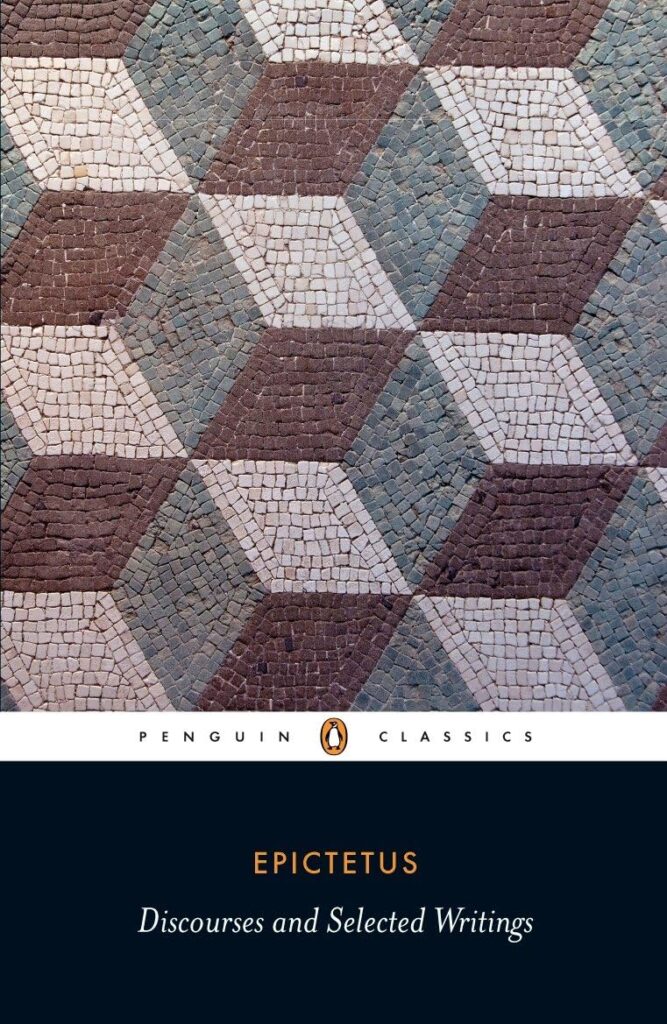
Epictetus was born a slave but became a philosopher whose teachings are timeless. The Discourses, recorded by his student Arrian, contain practical lessons on living a virtuous life. Epictetus emphasizes the power of mindset, urging readers to see obstacles as opportunities for growth.
A recurring theme in the book is the idea that events themselves are neutral—it’s our interpretation of them that causes distress.
For example, if you lose a job, it’s not the event but your reaction to it that creates pain. Epictetus offers a way to shift perspective and maintain inner peace.
Interesting fact: Epictetus never wrote anything himself. His students preserved his teachings, ensuring his wisdom lived on.
4. A Guide to the Good Life by William B. Irvine
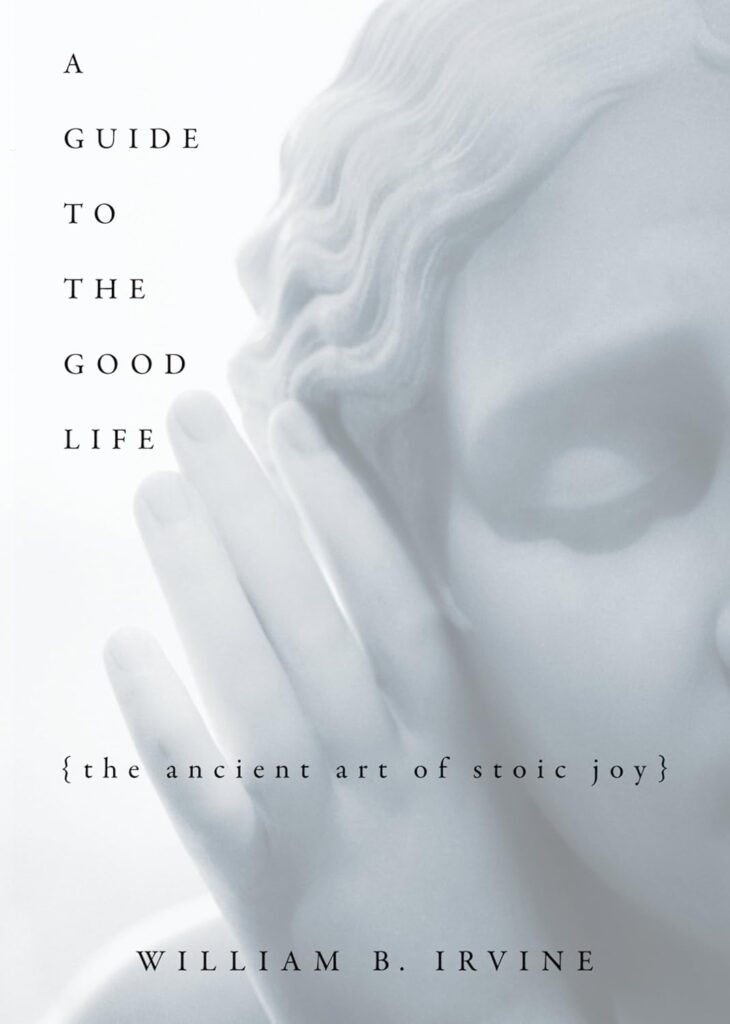
This modern introduction to Stoicism explains how ancient principles can improve your everyday life. Irvine breaks down concepts like gratitude, self-control, and resilience. He also introduces “negative visualization,” a Stoic practice where you imagine losing what you have to better appreciate it.
The book is full of practical advice, like how to handle annoying people or avoid being consumed by consumerism. Irvine makes Stoicism relatable and shows how it can help you live a happier, more meaningful life.
Interesting fact: Irvine argues that Stoicism isn’t about suppressing joy but about maximizing it by focusing on what truly matters.
5. The Daily Stoic by Ryan Holiday and Stephen Hanselman
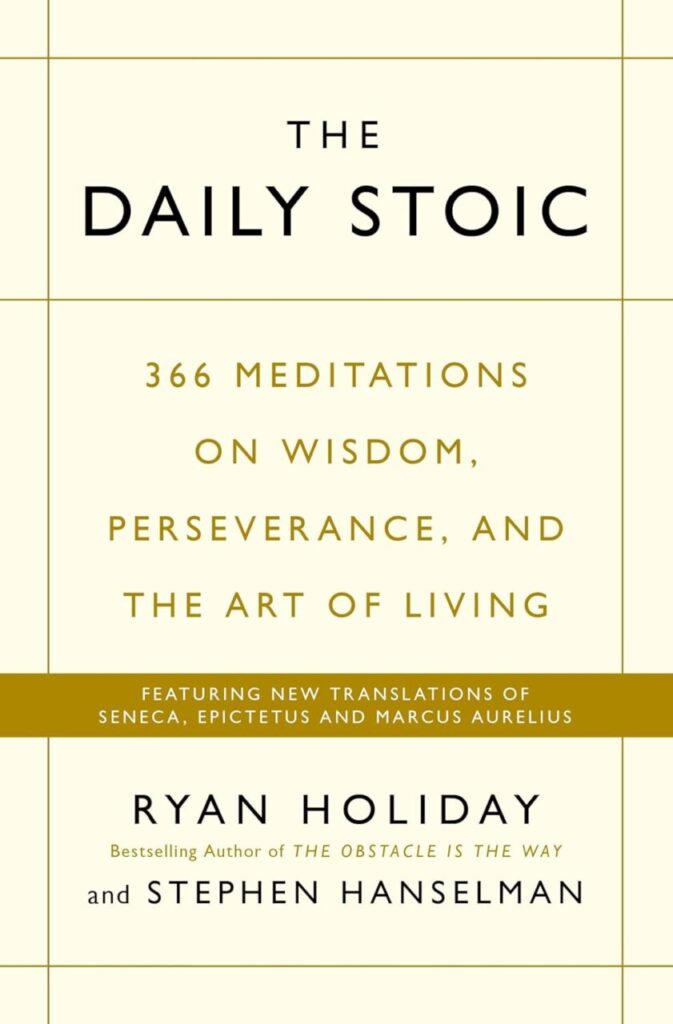
This book offers a year’s worth of Stoic wisdom, with a passage for each day. Each entry includes a quote from a Stoic philosopher followed by a brief reflection. The format makes it easy to incorporate Stoic principles into your daily routine.
One memorable passage discusses the concept of “amor fati,” or loving one’s fate. The idea is to embrace everything that happens, good or bad, as part of your journey. It’s a mindset that helps you find meaning even in difficult circumstances.
Interesting fact: Ryan Holiday has popularized Stoicism among athletes, entrepreneurs, and creatives, making it more accessible than ever.
6. How to Be a Stoic by Massimo Pigliucci
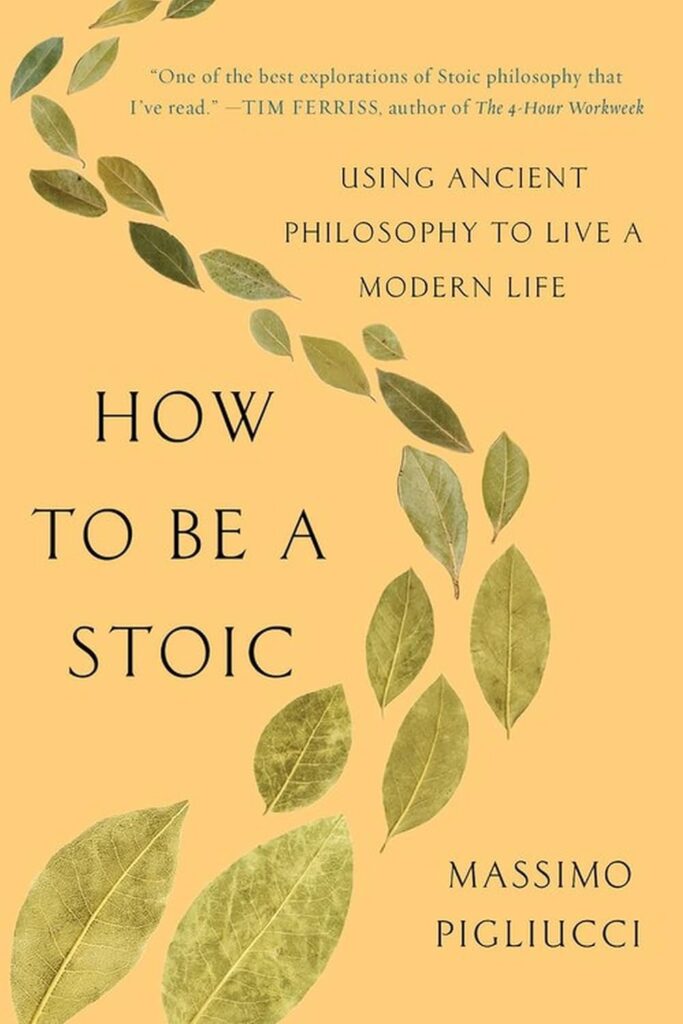
Pigliucci blends ancient philosophy with personal anecdotes to make Stoicism relatable. He introduces readers to key Stoic concepts, like controlling emotions and accepting the things you can’t change.
The conversational tone makes this book feel like a chat with a wise friend. Pigliucci also includes exercises to help readers practice Stoicism in their own lives.
Whether it’s dealing with difficult people or facing mortality, this book provides a practical guide to living well.
Interesting fact: Pigliucci draws on his background as a scientist to connect Stoic ideas with modern psychology and biology.
7. The Art of Living by Epictetus (Sharon Lebell)
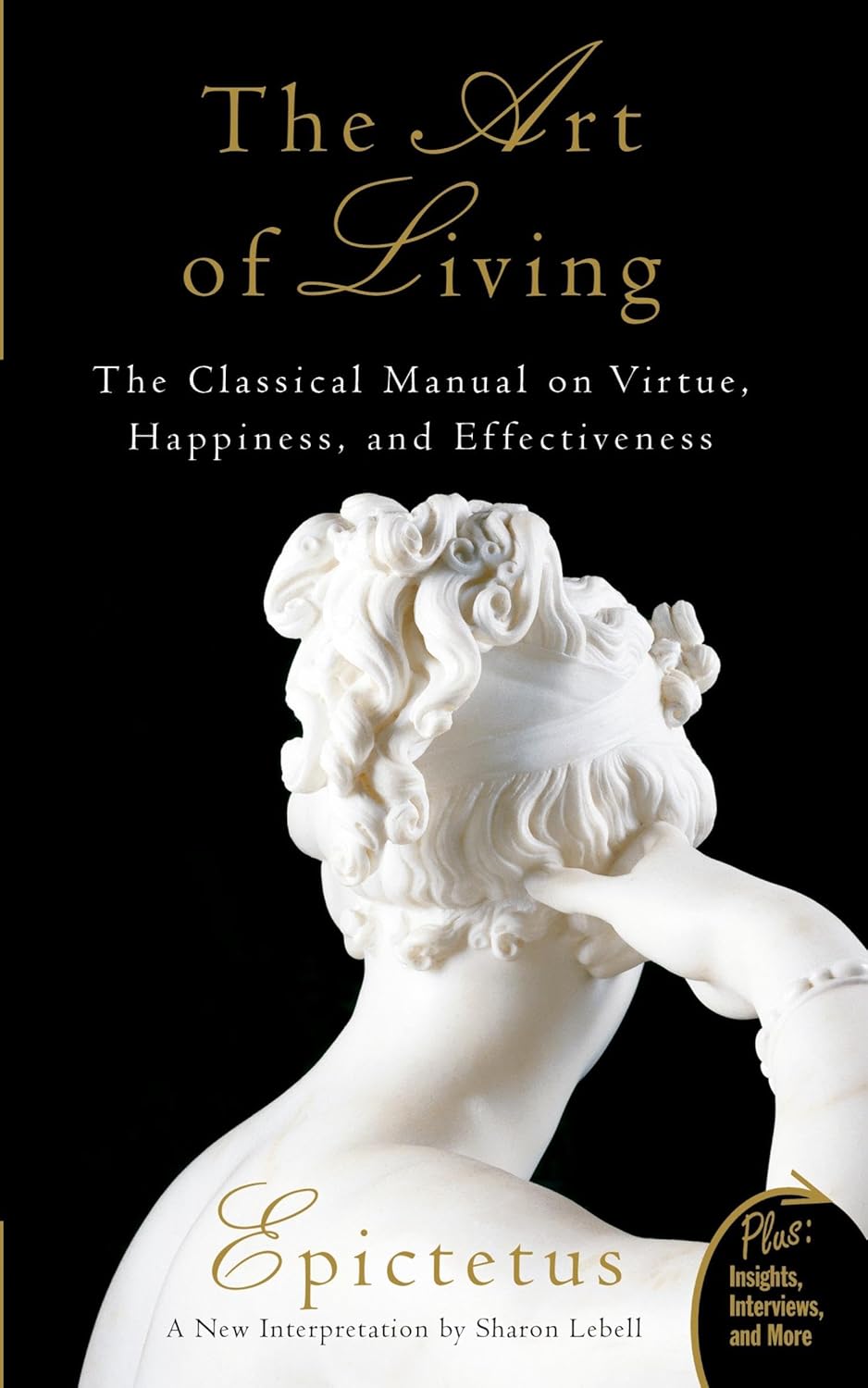
This modern interpretation of Epictetus’s teachings distills his wisdom into short, poetic reflections. Sharon Lebell simplifies complex ideas, making them easy for anyone to understand and apply.
The book covers topics like dealing with criticism, building self-discipline, and finding joy in simplicity. It’s perfect for readers who want a gentle introduction to Stoicism.
Here are the key themes and teachings from the book:
- Focus on What You Can Control: Focus on your thoughts and actions, not external events.
- Virtue is the Highest Good: True happiness comes from living with wisdom, courage, and integrity.
- Acceptance of Fate: Embrace whatever happens in life with grace, as you cannot control everything.
- The Power of Perspective: Your thoughts shape your feelings; changing your perspective changes your experience.
- Live in Harmony with Nature: Accept life’s impermanence and live in accordance with reason.
- Detachment from Material Wealth: Happiness doesn’t come from possessions; it comes from inner virtue.
- Practical Wisdom: Apply Stoic principles to everyday challenges for a more peaceful life.
Interesting fact: Lebell’s version of Epictetus has inspired countless readers to adopt Stoicism as a way of life.
8. On the Shortness of Life by Seneca

In On the Shortness of Life, Seneca explores how people waste time on trivial things while neglecting what truly matters. This short but powerful essay challenges readers to rethink how they spend their days. Seneca argues that life isn’t short—people just fail to use it wisely.
The book encourages you to focus on meaningful activities and avoid distractions.
For example, instead of chasing wealth or fame, Seneca advises dedicating time to personal growth and relationships. His words inspire readers to live fully and intentionally.
Interesting fact: Despite being written nearly 2,000 years ago, this book feels strikingly modern in its call to prioritize what truly adds value to life.
9. Stoicism and the Art of Happiness by Donald Robertson
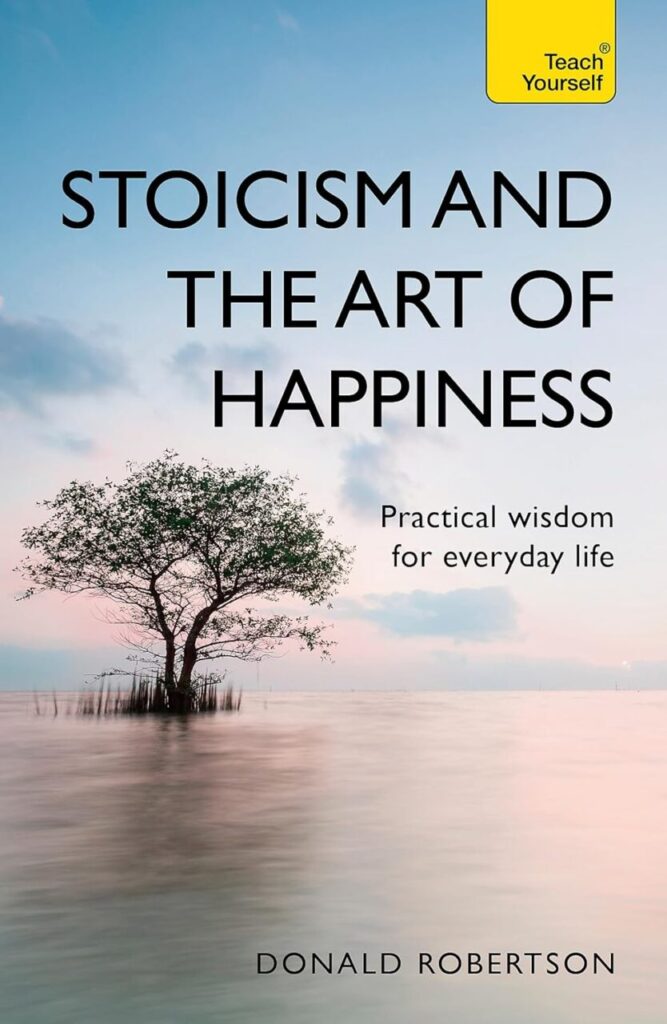
Robertson combines Stoic philosophy with cognitive-behavioral therapy (CBT) to create a practical guide for building resilience. He explores how to use Stoic exercises, like journaling and reframing negative thoughts, to improve mental well-being.
The book is full of actionable advice. For example, Robertson suggests writing daily reflections to better understand your emotions and thought patterns. It’s a simple yet powerful practice that anyone can adopt.
Interesting fact: Robertson’s work highlights the striking similarities between ancient Stoicism and modern psychology.
10. The Practicing Stoic by Ward Farnsworth
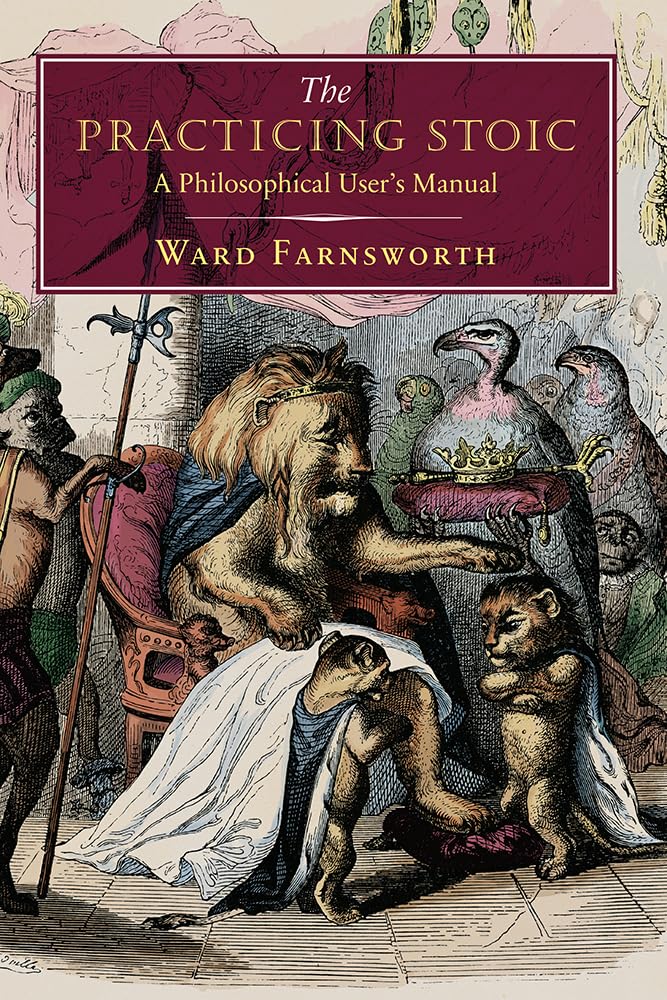
Ward Farnsworth’s The Practicing Stoic is a modern treasure that simplifies the core principles of Stoicism. Farnsworth organizes the book into themes like emotion, death, and willpower, making it easy to digest. He uses quotes from the Stoic greats—Marcus Aurelius, Seneca, and Epictetus—while adding his clear, straightforward commentary.
One standout lesson is the importance of detachment. Farnsworth explains how we often suffer because we cling too tightly to things we can’t control. By practicing detachment, we can reduce our stress and focus on what truly matters.
Interesting fact: Farnsworth avoids philosophical jargon, making the book one of the most accessible introductions to Stoicism available today.




























